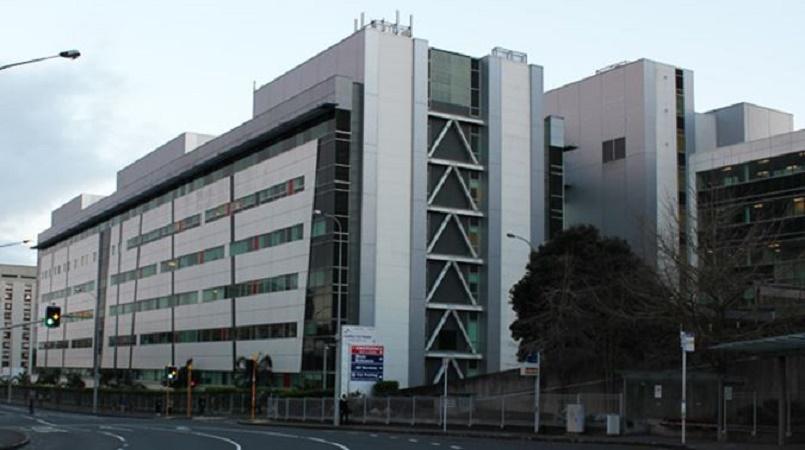
Contaminated taro chips brought into the country from Samoa were initially feared to have caused a deadly typhoid outbreak in Auckland - but three months later, the real reason remains a mystery.
Documents released under the Official Information Act show health authorities scrambling to keep the public updated after a breakdown in communication when news broke that 10 people, including three children, had been hospitalised with typhoid fever.
The outbreak was revealed publicly late afternoon on Friday, March 31. Authorities had identified an outbreak more than a week earlier and the fact that a woman had died from the disease was not made public until Tuesday, April 4.
In a series of emails from the Auckland Regional Public Health Service, health authorities dealing with a then-small outbreak of the disease, discussed the possibility taro chips could be the culprit.
A favourite snack in Samoa, they are produced commercially as well as by locals who sell them at local markets. They are a popular gift to bring home.
An email on March 23 from medical officer of communicable diseases, Dr Bruce Adlam, says: "We are investigating an outbreak of typhoid (3) in an extended Pacific Island family secondary, we think, to the consumption of taro chips brought back from Samoa.
"We have several other family members with mild symptoms that we are following up and we are considering ring fencing this with typhoid vaccination.''
The emails were released to the Labour Party under the Official Information Act and obtained by the Herald on Sunday.
This week, ARPHS medical officer Dr David Sinclair confirmed they had ruled out the link, but that there was still not enough evidence to create a definitive link to any particular source.
All the typhoid cases - which increased to 22 confirmed - were connected to the Mt Albert Samoan Assembly of God church, whose weekly services were held at Wesley Primary School in Mt Roskill.
The documents indicate moves to have the typhoid prevention messages translated into Samoan were slow and a failure to connect with Pacific networks, including church and community leaders and Pasifika media outlets, from the outset.
The Ministry of Health's chief adviser for Pacific Health, Matafanua Hilda Fa'asalele, raised the concerns after spotting the news and acknowledged they had access to key people within the Samoan and wider Pacific communities who could spread the messages, but were never called upon.
An email from director of protection, regulation and assurance, Dr Stewart Jessamine, tells her: "Not aware of any specific community messaging going out from ARPHS. I understand they are trying to use their Pacific liaison staff but still having problems.
"We are having a lot of issues getting ARPHS to engage in more comms out to media or to community.''
The ARPHS came under fire after it was revealed they had known about the outbreak for several days before alerting the public.
The Ministry of Health was told a few hours earlier there were 10 cases of typhoid in Auckland, including three children who had been hospitalised.
The Ministry would find out via news reports that in fact all 10 typhoid patients were in hospital. Health Minister Jonathan Coleman found out about the extent of the outbreak while watching the 6 o'clock news.
Health authorities stayed in the firing line when it was revealed they decided to hold off telling the public of the woman's death until after her funeral, following a request from the church minister.
Despite the public health scare, the ARPHS indicated to the director of public health there was no plan to provide updates to media or the public over the weekend.
"David is doing media tonight," an email dated March 31 says.
"After that, unless absolutely necessary, we are unlikely to make further comments prior to Monday as we do not have comms staff over the weekend. We'll do an update Monday morning.''
Furthermore, the Samoan Government was not made aware of the issue until news broke and an official contacted New Zealand authorities for more information and advice.
Samoa later issued an advisory to locals who had travelled to Auckland and had fever-like symptoms to see a doctor urgently.
The situation is set to result in a review of how such cases are handled, with both the Ministry of Health and the Department of Prime Minister and Cabinet pointing out "significant lessons'' to be learned.
